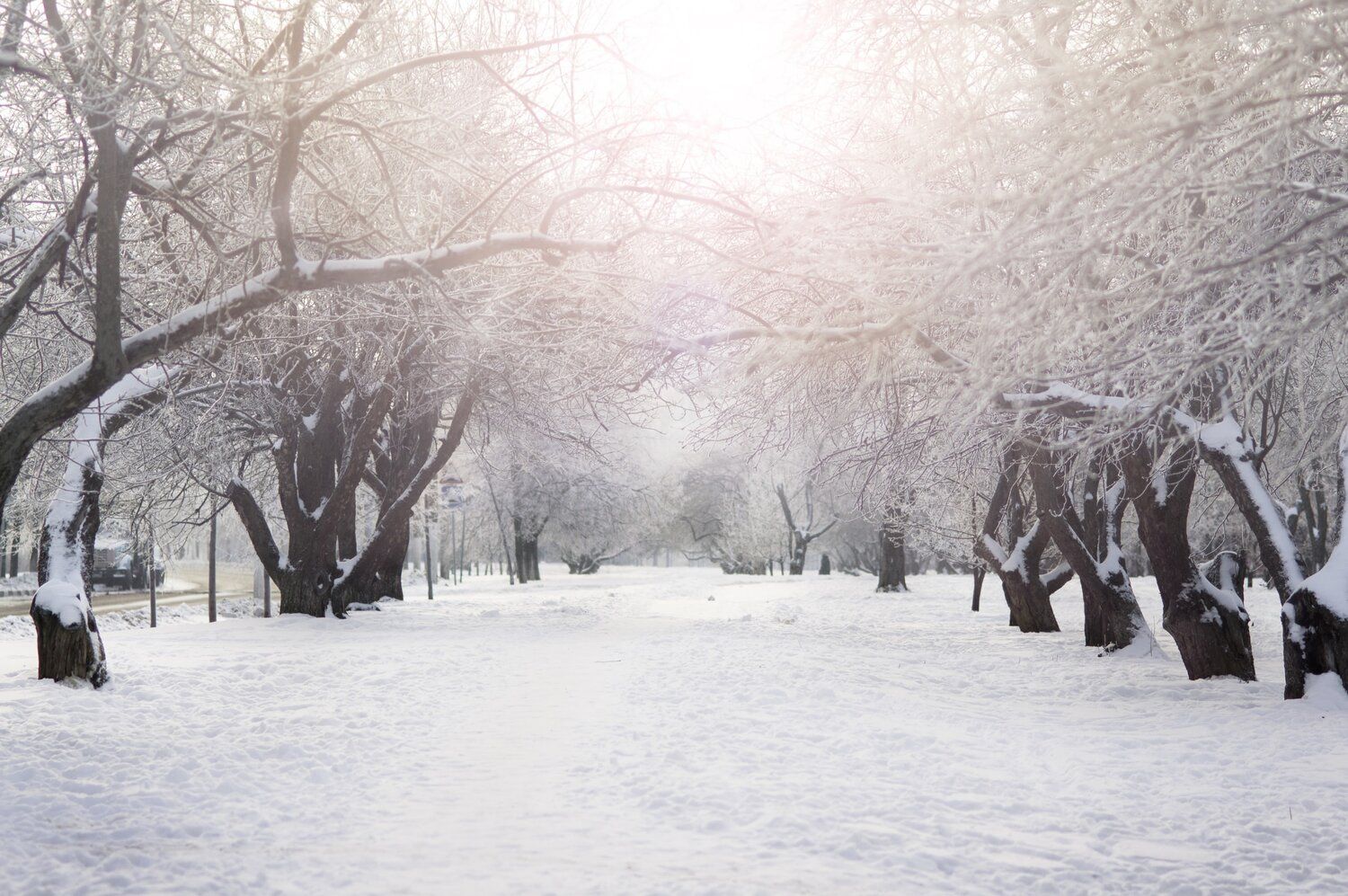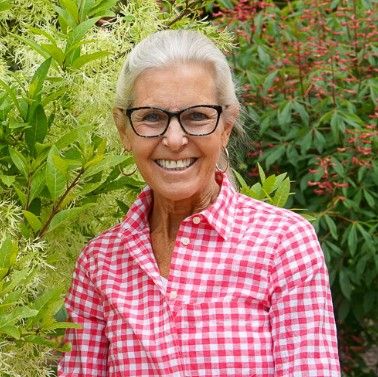The Sounds of Silence
May 3
/
Becky Grisell

Last week, Sounds of Silence, by Simon and Garfunkel, made it onto my playlist. The song kept playing over in my head. I became intrigued by the title and wondered about the sounds of silence.
What does silence sound like?
I grew up in the land of 10,000 lakes and snowy, snowy winters. Each year the winter landscape turned into a whitened world. I remember how stillness settled on the earth and a quietness companioned the snow, ushering in a reverent, hushed silence. People stayed inside to keep warm. There were no cars on the roads. Within the magic of the snow, silence became my first spiritual teacher.
Over the years, silence has taught me about hurry and living an unhurried life. Silence is my armor against the endless foolish chatter and words used to confuse and divide friendships, families, and peoples. It is within the hushed reverence of silence that the noise, chaos, and clutter of my thoughts, emotions, and distractions of life are burned away. I gain perspective on what is important and meaningful as they are not always visible; silence moves me beyond what is immediately obvious.
Silence is my wise and faithful teacher about Love, myself, and the world.
Silence has a power. I am reminded of Jesus’ forty days in the desert. Alone and tempted, within the desert wilderness, silence produced within Jesus a generative power that filled and fueled his earthly ministry (see Luke 4:1). I also remember Jesus’ refusal to speak before Herod. Whatever or whoever can elicit a response has the power, which is why bullies tease and try to rile a reaction. Everyone knows who has power and authority by who is making others do what they want. Jesus showed Herod his authority by remaining silent. Jesus showed how silence is sometimes the greatest display of power.
Silence has a generative power that speaks louder than words.
Silence occasionally takes a long time. The people of God spent forty years in the wilderness learning to behave as the people of God. The Apostle Paul traveled to the deserts of Arabia for three years of training and contemplation, transforming Paul the Persecutor into Paul the Apostle. Silence is an ancient spiritual practice that increases one’s capacity for contemplation. It enables people to focus their attention on deep matters of the heart and to commune with things greater than the cacophony and noise of the world around.
Like the children of Israel and the Apostle Paul, my own silent retreats have been times of healing, insight, and making room for a new awareness. It is in the silence that I have discovered a connection to justice, which guides my communication and activism. Silence deepens my capacity to see beyond myself and into the needs of others, stripping me down and making me face my own smallness and vulnerability. Silence is not weak in affect but provides strength to stand and work alongside those who suffer from economic inequality and the structural injustices of race and gender.
Silence can have the sound of empathy and solidarity.
Silence can also sound hollow, brought on by a self-emptying, manifesting a lack of emotional rest, and heightened annoyance. It can manifest in a restlessness, or an avoidance of a situation, person, or decision when I have settled for something safe, dreamed too small, become lazy, complacent, and/or self-indulgent.
Some silence has a low-pitched quality brought about by fear and subtle anxiety. There might be a fear of being wrong or making others who matter disapprove or perhaps a fear of feeling foolish and looking stupid. Silence can also be dark, dangerous, and evil, like the silence that fuels injustice or indifference. It can sound like neutrality, ignorance, or complicity. It bangs and clashes against who we are and cuts away our shared humanity.
Not all silence sounds the same or is the same.
It is extremely important to be able to discern one from the other. Knowing when to speak, knowing when to hold silence—knowing what you are hearing—is a spiritual practice that requires silence, wisdom, listening, and discernment.
Inspiration:
“The ultimate tragedy is not the oppression and cruelty by the bad people but the silence over that by the good people.” —Martin Luther King Jr.
“Silence is God’s primary language; everything else is a poor translation,” —Fr. Thomas Keating
“In the end, we will remember not the words of our enemies, but the silence of our friends.” —Martin Luther King Jr.
“To be contemplative, we have to have a slight distance from the world to allow time for withdrawal from business as usual, for contemplation, for going into what Jesus calls our “private room” (Matthew 6:6). However, in order for this not to become escapism, we have to remain quite close to the world at the same time, loving it, feeling its pain and its joy as our pain and our joy.” Richard Rohr
“Our lives begin to end, the day we become silent about the things that matter.” —Martin Luther King Jr.
Questions:
What are the sounds of silence in your life?
How has silence nourished you?
What have you noticed about silence?

Becky Grisell
Becky is a trained Spiritual Director, writer, and founder and curator of Cascade Ministries. She places high value on being a safe person and creating a safe and sacred space to explore and connect with God’s activity in all of life. Her approach is holistic, addressing the brokenness of life while focusing on the hope of the Gospel. She received a Master of Divinity with a concentration in spiritual formation. and Doctor of Ministry in Leadership and Spiritual Formation. You can find more out about Becky at www.beckygrisell.com, on Facebook, or on @becky_grisell. She can be contacted directly at bgrisell@gmail.com.
Becky is a trained Spiritual Director, writer, and founder and curator of Cascade Ministries. She places high value on being a safe person and creating a safe and sacred space to explore and connect with God’s activity in all of life. Her approach is holistic, addressing the brokenness of life while focusing on the hope of the Gospel. She received a Master of Divinity with a concentration in spiritual formation. and Doctor of Ministry in Leadership and Spiritual Formation. You can find more out about Becky at www.beckygrisell.com, on Facebook, or on @becky_grisell. She can be contacted directly at bgrisell@gmail.com.

